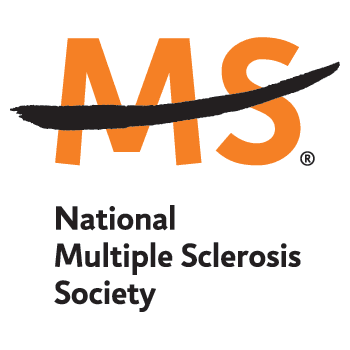Multiple Sclerosis: How Psychotherapy helps patients live with the illness

Multiple sclerosis damages the body in many ways. However, what is not often discussed is the mental challenges that arise from people who live with this illness.
Fortunately, modern medicine has not only been able to provide cures for many living with multiple sclerosis (MS), but also found ways to improve the mental state of those with MS.
In this article we want to discuss the benefits of using psychotherapy for MS patients to help them live a healthier life mentally.
That is because recent studies indicate the power of using psychotherapy for patients. According to recent research by the National Institute of Health, a group psychotherapy session held for 46 patients over the course of a year demonstrated that the therapy group showed greater optimism and physical improvements compared to a control group that did not have access to the group therapy sessions.
These types of studies repeatedly explore the benefits of using psychotherapy with MS patients. Below are some of the top methods for emotionally treating MS patients.
Emotional treatment for Multiple Sclerosis
First, we need to understand the how the multiple sclerosis affects the emotions of  MS patients. MS has been known to cause many psychological problems with patients including Anxiety, Adjustment disorder, and Bipolar disorders.
MS patients. MS has been known to cause many psychological problems with patients including Anxiety, Adjustment disorder, and Bipolar disorders.
This happens because patients who contract MS become scared about their condition, as some of their neural pathways dissolve.
The reason why psychotherapy is such an important part in the process is because the therapy helps reduce the number and size of brain lesions that form in multiple sclerosis patients.
With proper stress management therapy, the brain lesions can be significantly reduced with stress management therapy.
Second, understand the different types of treatment available for MS. You may want to talk to a professional to determine whether psychodynamic therapy or cognitive behavior therapy can be of greater benefits to those with multiple sclerosis.
Over the past 30 years, science has made gigantic leaps in the field of multiple sclerosis treatments. This remains especially true in psychotherapy.
Third, stick with your treatment. Psychotherapy is not a miracle cure-all that happens overnight. Instead it takes time to heal and accept that MS is a part of your life.
Therefore, once you have a prescribed therapy, you need to stick with your therapy over the long-term. That means attending all sessions on a regular schedule, as well as using the tools at your disposal.
For example, many MS patients find journaling at night before they go to sleep to be cathartic as they review the events of the day.
Multiple sclerosis can be treated today medically, but for many it still carries some side effects. The primary one being that people need to know they can adjust to their new situation. Using a journal, patient explore their feelings. This allows them to understand the root cause of their discomfort.
Sticking with your prescribed sessions can go a long way to live a fuller life with MS. Regularly using tools like journaling can do more to help you explore the best way to accomplish your goals.
Final Thoughts
Thirty years ago, a prognosis of multiple sclerosis seemed like a death order. However, with the advancements in medicine today many people live amazingly full lives.
However, to do that you must come to respect MS and yourself. Using the psychotherapy treatments we discussed in this article can go a long way towards that end. If you are still not sure about the best way to proceed with multiple sclerosis psychotherapy, feel free to reach out to our office at 847-824-8366. We are here to help!



